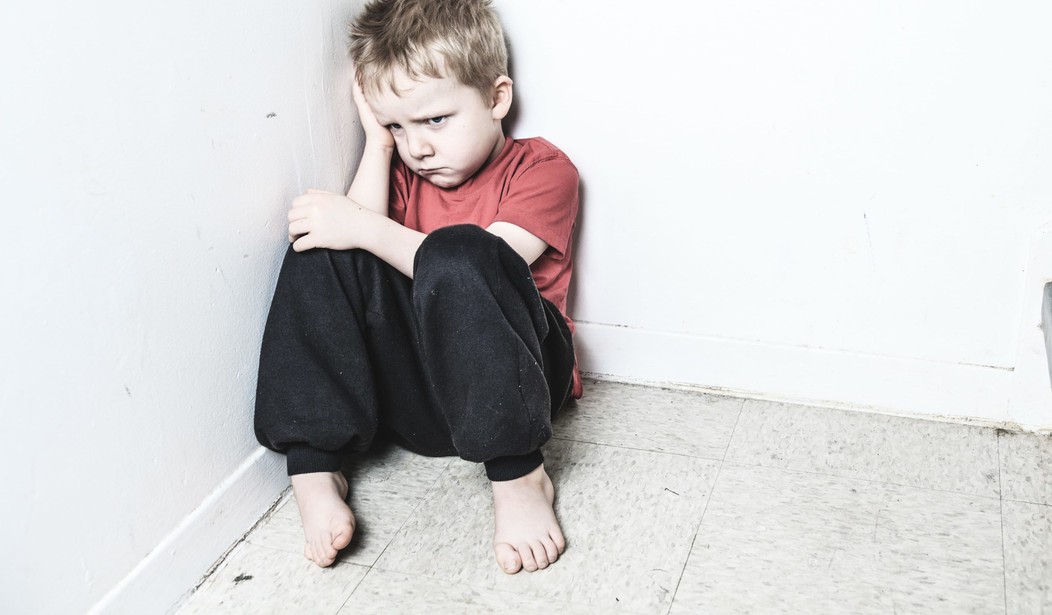Day-care centers and kindergartens in Germany are taking toys away from kids — but they’re doing it for a good reason. Still, not all parents are on board with the idea, and some have attacked it as “child abuse.”
“Without any toys, children have the time to develop their own ideas,” Elisabeth Seifert, managing director of the Munich-based toy-free time nonprofit Aktion Jugendschutz, told The Atlantic. “In toy-free time, they don’t play with finished toys. They develop their own games. They play more together, so they can develop psychosocial competencies.”
Seifert also emphasized that these psychological benefits from toy-free time might also curb addiction later in life. Self-sufficiency can strengthen children against addictive behaviors in the future.
The project has not made much headway in the United States, perhaps because of the vitality of drug abuse-prevention programs focused on awareness, not behavior. The “just say no” message introduced by First Lady Nancy Reagan in 1986 propelled the Drug Abuse Resistance Education (DARE) program, which brings police officers into schools to educate kids on the dangers of drugs. While DARE has expanded across America, it has produced no measurable impact on drug use, The Atlantic reported.
“There’s been a tremendous amount of research done on D.A.R.E. None of it has found positive effects, and some of it has found deleterious effects,” Elizabeth Robertson, professor and associate dean of the College of Human Environmental Sciences at the University of Alabama, argued. “Explaining, for example, what drugs to do the body or the brain, gives people information but it doesn’t deter them. In fact, a lot of children who are given that kind of information get more interested in drugs.”
Robertson has authored an early-childhood substance-abuse prevention guide for the National Institute on Drug Abuse (NIDA), which focuses on helping kids develop social and academic skills instead of educating them about drugs. But even this program does not use toy-free time.
The toy-free kindergarten program grew out of an addiction study group in the Bavarian district of Weilheim-Schongau which started meeting in the 1980s. The group included people who had worked with adult addicts, and determined that habit-forming behavior had roots in childhood. According to their theories, children use toys to distract themselves from negative feelings, rather than addressing them.
The toy-free program stipulates that all toys should be removed for a period of three months. The teachers meet with the children and parents before toy-free time starts so they know what to expect, but once the project begins, teachers observe children’s play, rather than directing it.
Adults let the children learn how to deal with their own boredom and frustration, rather than guiding them out of it.
The Atlantic‘s Sara Zaske shared her own personal stories involving toy-free time. When her 5-year-old son’s day care took away the toys and told the kids to play, her little boy asked, “What should I do now?” But after a little while, Zaske’s children — both her son and her daughter — adjusted well. They began playing without toys, using anything they could find.
I saw a lot of this kind of play as first my daughter and then my son went through toy-free time at our kita [a pre-kindergarten]. I came in one day to see the children playing “train” using a line of chairs. Another time, they built a huge blanket fort and were crawling around pretending to be wild animals.
My won, the little boy who was always asking adults and other children what to do, threw himself into the group play. But toy-free time also did something else for him. He started coming home with pockets full of acorns and stones he had collected. He told exciting stories about the trips to the forest. He began to play outside more, even when other children didn’t join him. Long after the project ended, he could still be found in the kita‘s “garden” alone.
Nevertheless, the toy-free program has sparked a great deal of controversy. In 1997, Focus magazine quoted several psychologists criticizing the idea as lacking scientific evidence and causing children unnecessary stress.
“To give children no toys is toy deprivation,” Hans Mogel, a psychology professor from the University of Passau, told Focus. “This is a form of child abuse. Deprivation comes at the expense of feeling secure and developing a healthy self-esteem.”
There is no long-term research on the project, but several independent studies of toy-free kindergarten have suggested it does have benefits for children. Zaske cited two studies in the late 1990s indicating that children who had participated in toy-free time “showed increased social interaction, creativity, empathy, and communication skills.”
Should Americans embrace this controversial program? Are toys an emotional crutch leading to addiction later in life, or an essential need making “toy deprivation” a form of “child abuse”? Perhaps more research will suggest an answer.









Join the conversation as a VIP Member